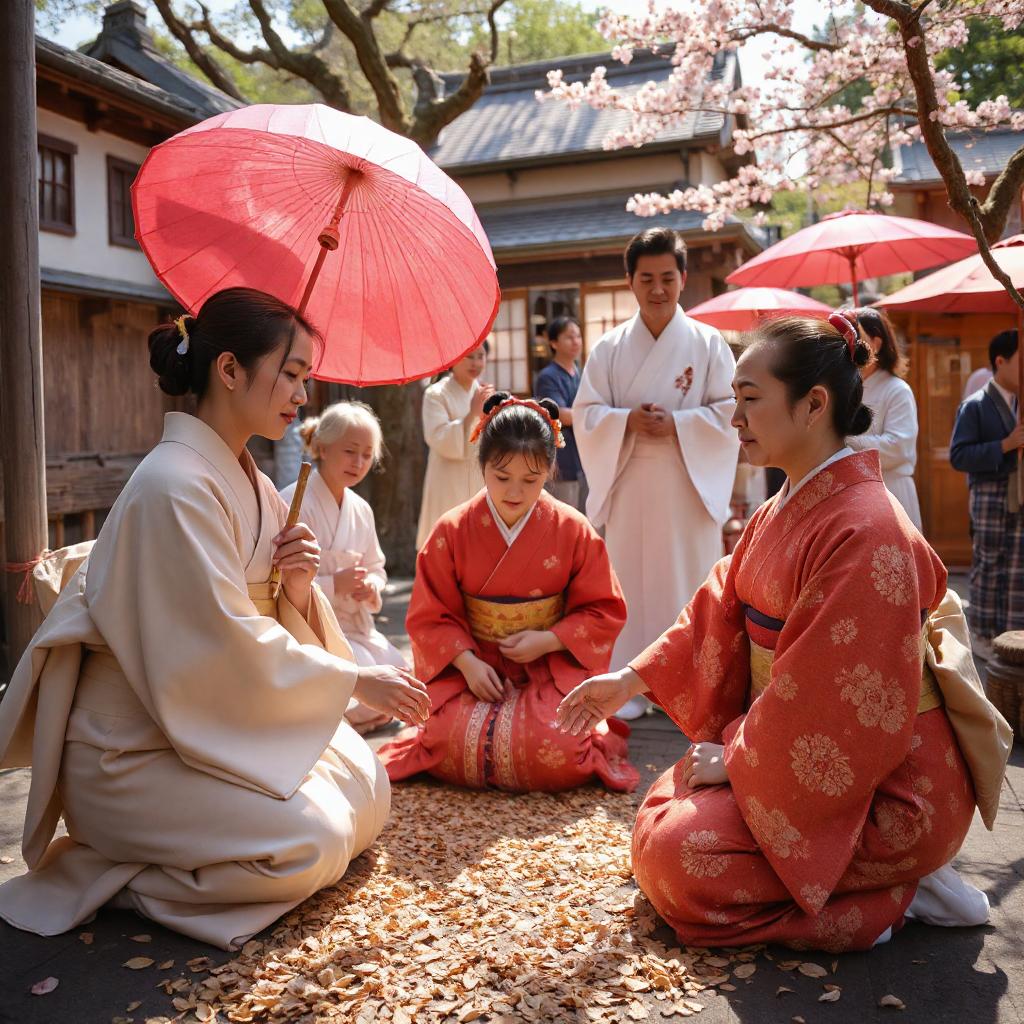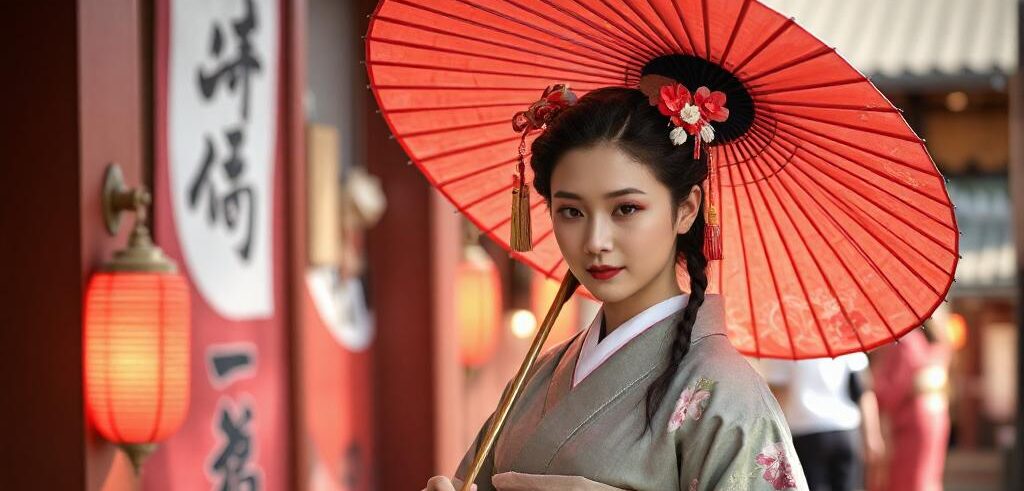Estimated Reading Time: 3 min
Japan is often noted for its strong cultural values of order, discipline, and respect, which permeate various aspects of society. Here are some observations about these characteristics:
Social Harmony
– Collectivism: Japanese culture emphasizes group harmony over individualism. People often prioritize the needs of the group, whether in family, work, or community settings, leading to a strong sense of cooperation and social order.
Japanese Etiquette

Politeness and Etiquette
– Respectful Communication: The Japanese language and social interactions are deeply rooted in respect. Honorifics are used to show politeness, and there are specific ways to address people depending on their status and relationship to you.
– Bowing: Bowing is a traditional gesture of greeting, gratitude, and respect, demonstrating an acknowledgment of others’ presence and status.

Education and Work Ethic
– Discipline in Education: The Japanese education system emphasizes discipline, hard work, and respect for teachers. Students learn not only academic skills but also social responsibilities, such as cleaning classrooms and respecting their peers.
– Workplace Culture: In the workplace, there is a strong emphasis on teamwork, punctuality, and dedication. Employees often go above and beyond to meet expectations, reflecting a collective commitment to organizational goals.

Public Behavior
– Orderly Conduct: In public spaces, such as trains and streets, people tend to follow rules and exhibit orderly behavior. For example, there are designated areas for queuing, and talking on mobile phones in public transport is generally discouraged.
– Cleanliness: The Japanese take pride in cleanliness and environmental respect, often seen in the absence of litter in public spaces. Many people carry their trash home if no bins are available.

Cultural Traditions
– Rituals and Ceremonies: Traditional practices, such as tea ceremonies and festivals, reflect a deep respect for history and cultural heritage. These rituals often include precise movements and etiquette, reinforcing values of discipline and respect.

Community Involvement
– Volunteering and Local Events: Many communities engage in collective activities, such as neighborhood clean-ups and festivals, fostering a sense of belonging and mutual respect among residents.

Respect for Nature
– Cultural Connection to Nature: Japanese culture often emphasizes harmony with nature, seen in practices like Shinrin-yoku (forest bathing) and the aesthetic principles of gardens. This connection reflects a respect for the environment and the natural world.


